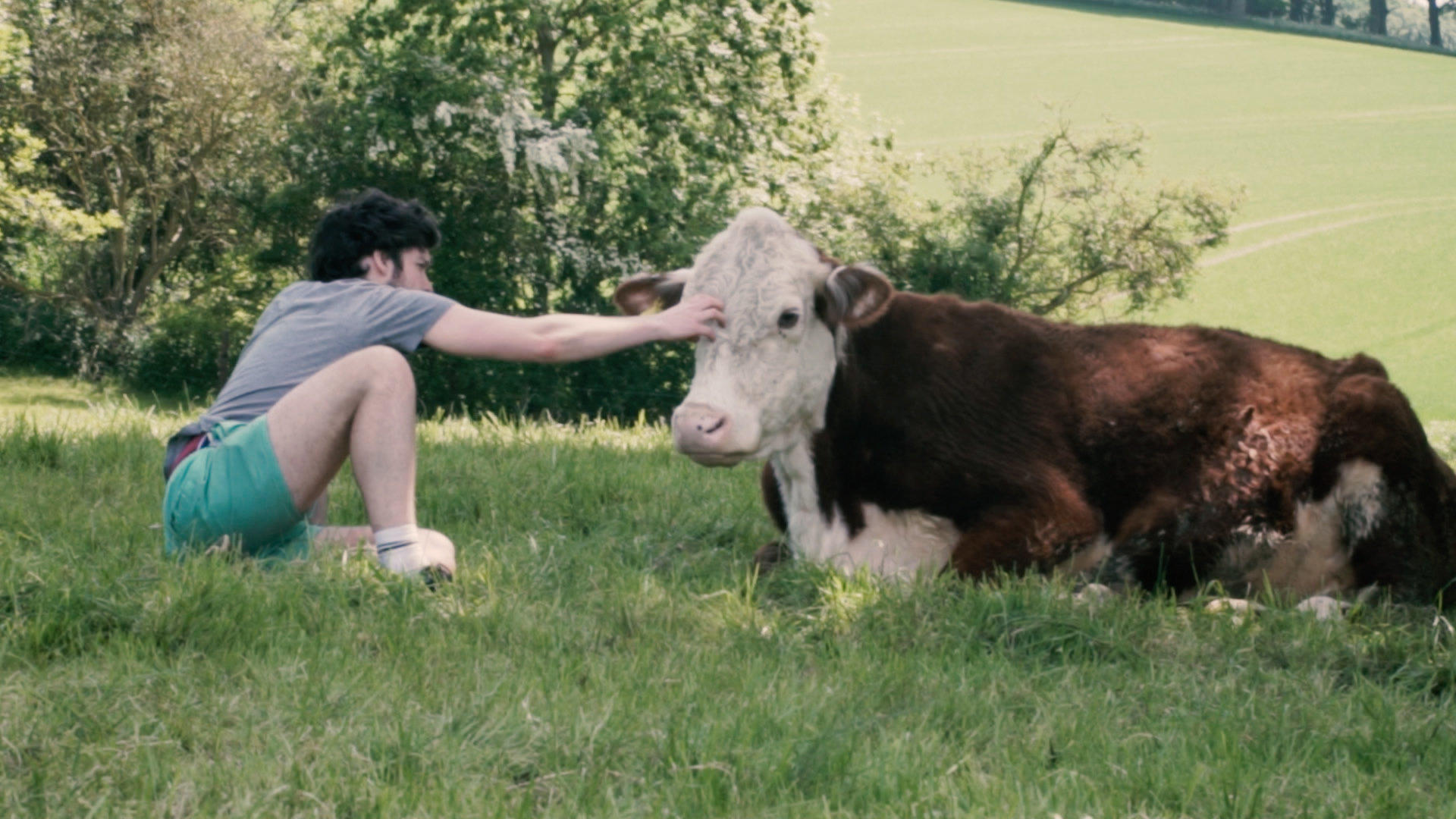What Academics Say
Professor Paul R. Ehrlich, President of the Center for Conservation Biology, Stanford University
“Reducing beef consumption, especially from feedlot operations, would improve the health of people directly, and also improve the health of humanity’s life-support systems.”
Maureen E. Raymo, Lamont-Doherty Earth Observatory Research Professor, Columbia University
"If you care about living sustainably on this planet you will reduce your consumption of beef. The resources needed to produce beef protein calories eclipse other food sources. Have some chicken fingers or beans instead!"
Gidon Eshel, Radcliffe Fellow at Harvard & Professor of Environmental Physics, Bard College
“The two fundamental constraints on food security are land and the topsoil covering it. To produce a gram of beef protein requires 10-50 times the land it takes to produce a gram of chicken or egg protein, and 50-100 times the land it takes to produce a gram of legume protein.
Worse yet, feed production (of which beef is the main user) is the principal driver of topsoil losses, with some key agricultural provinces already depleted of 50-80% of their original topsoil.
So favouring beef over most any plant or animal based alternative despite the above observations thus amounts to actively choosing to expand world hunger, already afflicting 0.8-0.9 billion of our fellow earth dwellers.”
David Katz, Founding Director of the Prevention Research Center, Yale University
"Reducing our intake of meat, and particularly beef, is undoubtedly the single most meaningful step we could take to reduce the environmental impact of our diets, while also promoting our own health (assuming we substitute wholesome plant foods), and fostering the kinder, gentler treatment of our fellow creatures. It is a rare trifecta of opportunity, advantage and virtue."
Jeff McMahan, White's Professor of Moral Philosophy, University of Oxford
“The massive deleterious effect that the practice of eating meat, particularly meat from cows, has on global climate change is one of many moral reasons that together overdetermine the wrongness of eating meat.”
Sally Haslanger, Ford Professor of Philosophy, MIT
"There are so many wonderful alternatives to eating beef (actually, to eating any meat), why would one choose to do something that is so damaging to the environment and so cruel?"
Peter Singer, Ira W. DeCamp Professor of Bioethics, Princeton University
"There is no such thing as sustainable beef. Whether cattle are fed on grain in a feedlot, or are pastured on grass, they are emitting more methane than the atmosphere can handle without catastrophic climate change. To live ethically, we need to make the transition to an environmentally friendly, cruelty-free, plant-based diet."
Christopher Gardner, Rehnborg Farquhar Professor, Stanford University
“Optimal protein intake should consider both our health and the environmental implications of creating those proteins. The evidence clearly shows that a reduction both in animal protein (with beef being a particularly concerning protein from an environmental perspective) and protein overall would be highly beneficial.”
Tara Garnett, Environmental Change Institute, University of Oxford
“Far less land and far fewer inputs would be needed if humans only consumed plants. Land unsuited to crop cultivation could be put to bioenergy production, afforested or rewilded – that is, left to revert to its natural, uncultivated state.”
“All forms and systems of animal production and associated consumption cause problems, and the problems are of different kinds depending on the animal type and production system.”
The Food Climate Research Network
“It is now largely undisputed that the rearing of animals uses a great deal of our finite land and resources, and contributes to many environmental problems.”
Albert Einstein
"Nothing will benefit human health & increase chances for survival of life on Earth as much as the evolution to a vegetarian diet.”









